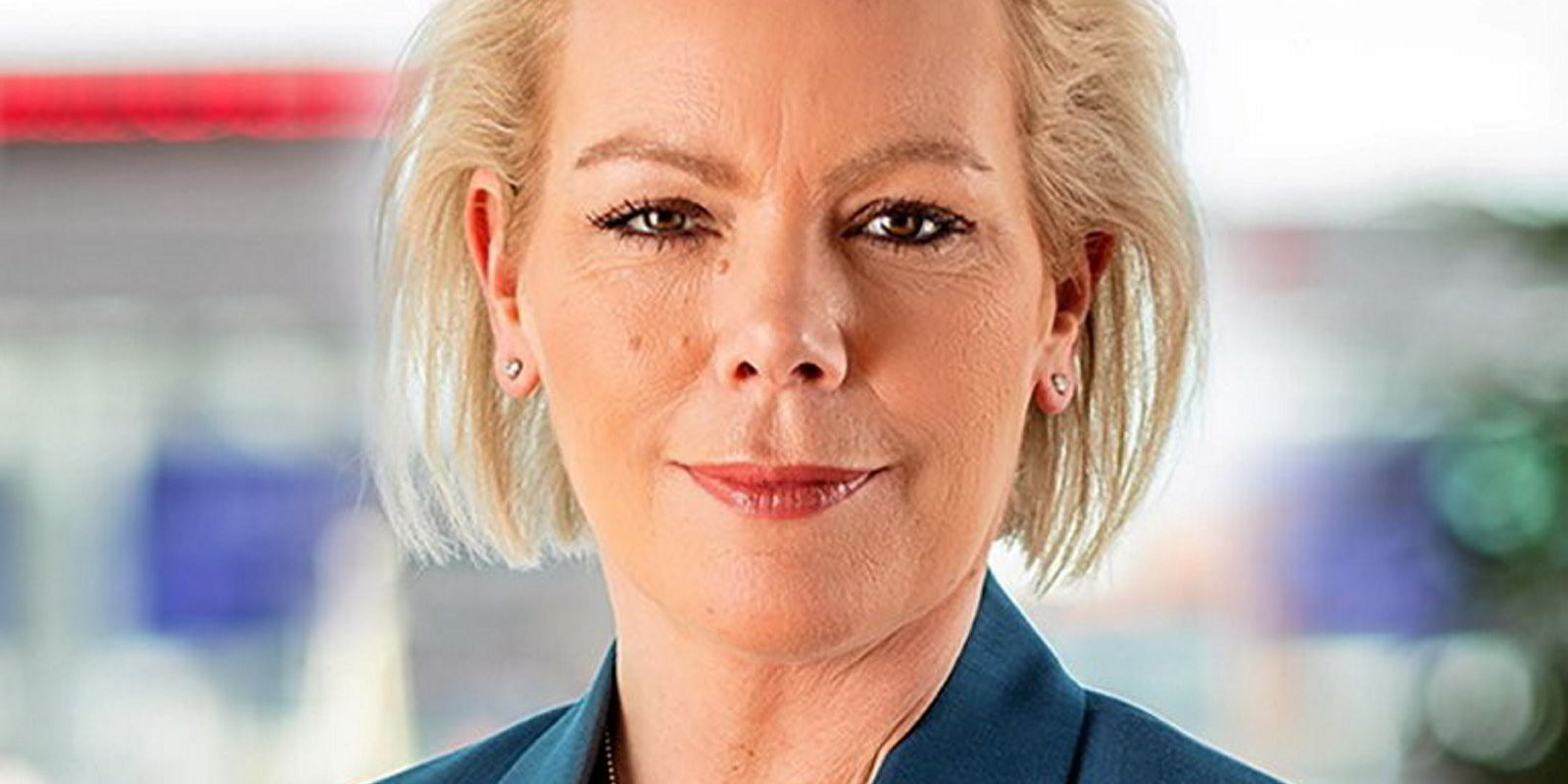Trader Trafigura Group has more than doubled interim earnings against a background of geopolitical uncertainty and lucrative tanker markets.
As the Russian invasion of Ukraine redrew trading patterns, the Swiss shipowner and charterer produced net profit of $5.5bn in the six months to 31 March.
The company noted continued buoyant demand from a global customer base relying on it to help “secure access to vital resources in an increasingly complex world”.
Revenue was 23% lower at $131bn as a result of weaker average commodity prices and trading volumes.
There was “a strong contribution” from the shipping and chartering division, which deployed its fleet expertly in one of the strongest tanker markets in recent history to help its own commercial teams and external customers, the trader said.
The teams also reduced the intensity of the fleet’s carbon emissions and are on track to meet long‑term environmental targets, the group claimed.
In December, Trafigura said the average number of tankers under time charter of more than three months was between 210 and 230 in the year to 30 September — an increase from between 175 and 190 the year before.
For bulkers, the figure ranged between 60 and 65 vessels, as opposed to 50 to 55 in 2021.
It did not provide updated figures.
On the 30th anniversary of its founding, Trafigura chief executive Jeremy Weir said: “It is becoming increasingly clear that the shift to a low‑carbon economy is not going to happen without our industry.
New fuels coming
“Our unique insights and expertise in managing global supply chains and developing new markets and investments in new supply of low-carbon fuels, such as hydrogen and key transition metals, mean that we are well placed to play a crucial role in this transition.”
The group’s total credit lines have reached a mammoth $75bn, excluding Puma Energy, from a network of around 150 financial institutions.
Finance chief Christophe Salmon said: “While we expect our supply chain management services to remain in demand during the second half of the year, we are seeing a return to more normal and calmer market conditions.
“Therefore, we expect the pace of our growth to slow compared to the previous 12 months.”
Salmon also identified a growing number of headwinds, including inflationary pressures, higher interest rates and geopolitical tensions, which could damage global economic growth.




